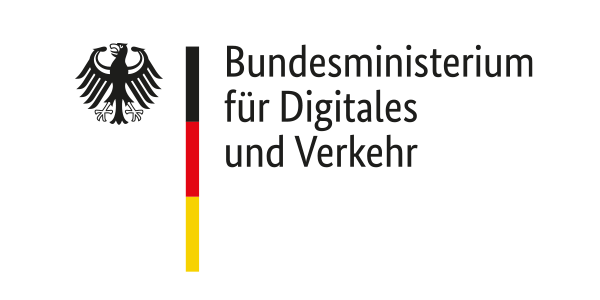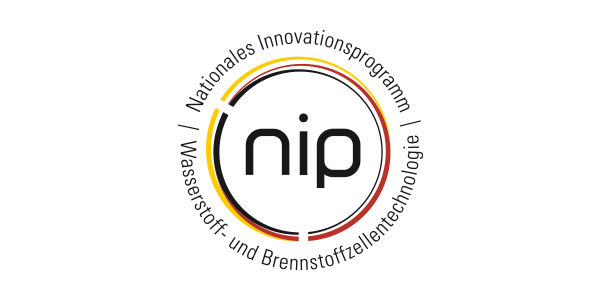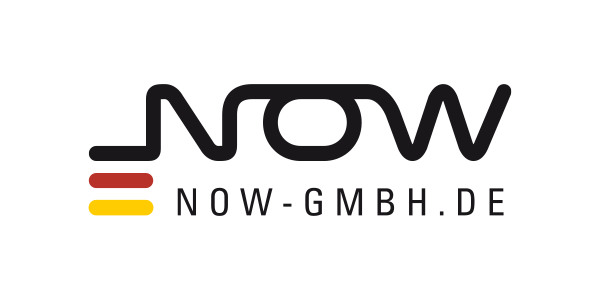- Green intralogistics 2020: Fuel cell plays a key role in sustainable mobility in the new decade
- CIN network founded in 2016 grows to 14 members
- Battery-electric vehicles alone cannot solve CO2 emissions problem
- Heavy vehicles require alternative drive concepts such as hydrogen-powered fuel cells
Berlin, January 31, 2020 – The German fuel cell industry is starting the new year stronger. The Clean Intralogistics Net (CIN) industry network, which aims to promote fuel cell technology specifically in intralogistics, has a prominent new member in the Schaeffler Group. The automotive and industrial supplier has around 89,000 employees worldwide and generated sales of around 14.2 billion euros last year. This means that 14 companies with total sales of around 500 billion euros and 1 million employees are now organized in the CIN innovation cluster, which is funded by the German Federal Ministry of Transport and Digital Infrastructure (BMVI).
“Industry clusters like the CIN are of enormous importance in global competition – for the industry and for Germany as a business location. In the field of mobility, the cards are currently being reshuffled. The field of intralogistics can already provide the blueprint for many questions of future mobility,” explains Wolfgang Axthammer, Managing Director of NOW GmbH and initiator of the CIN. The goal of the network is the market introduction and penetration of industrial trucks and airport apron tugs with fuel cells as well as the associated hydrogen infrastructure. A constant exchange of experience between the partners in the network and joint activities, such as the organization of regular user symposia, remain crucial for this. Although many more warehouses, storage facilities and production sites in North America are operated with fuel cell-powered industrial trucks than in Europe, Germany is still in the top league in terms of technology.
Axthammer: “With Schaeffler’s access and the existing expertise of the CIN partners in the areas of fuel cell systems, components, hydrogen infrastructure and industrial trucks, we can advance the topic quite decisively along the entire value chain.”
The global automotive and industrial supplier Schaeffler has been a steering member of the global Hydrogen Council since January 2020. The initiative consists of 81 leading companies from the energy, transport and industrial sectors and aims to drive hydrogen technology further towards industrialization. Schaeffler is also a co-founder of the “Hydrogen Alliance of Bavaria”. The alliance, which was only founded in the fall of 2019 together with Bavarian Prime Minister Markus Söder, aims to unite climate protection, energy, mobility and technological innovation regionally – in order to better exploit the potential of hydrogen technology as an energy carrier of the future.
“Alternative energy sources such as green hydrogen, which is not only emission-free but also an essential building block for defossilizing other industrial sectors, will play an important role in a future sustainable energy system,” explains Stefan Gossens, program manager for energy storage and converters in Schaeffler’s innovation division. Among other things, the company develops so-called metallic bipolar plates with the aim of large-scale industrial production and thus key components for fuel cell stacks. With 77 production plants, Schaeffler is also a potential user of fuel cell-powered industrial trucks.
The experts believe that fuel cells have great potential. “Battery-electric mobility will play an important role in emission reduction and de-carbonization, but will not be able to cover all areas of mobility. Here, hydrogen in combination with the fuel cell offers an excellent alternative that goes far beyond automotive applications. As an automotive and industrial supplier, we are looking at all applications, from heavy-duty solutions in the transportation sector to rail, marine or aerospace applications, and precisely to solutions in intralogistics. Tens of thousands of hydrogen forklifts and other industrial trucks are already demonstrating on a daily basis that the use of hydrogen and fuel cells on a large scale is feasible and makes sense. This contributes to sustainable production and is of course also interesting from the perspective of a hydrogen technology supplier,” explains Gossens.
The technology brings many advantages. Industrial trucks with fuel cell technology can achieve significant CO2 savings in logistics. “Short charging cycles, high safety and insensitivity can primarily increase productivity and reduce storage space and charging time,” Axthammer says.
About Clean Intralogistics Net (CIN)
Clean Intralogistics Net was founded in 2016 by 8 entrepreneurs to sustainably push the use of fuel cell technology. The initiator of the network is NOW GmbH National Organization Hydrogen and Fuel Cell Technology. Today, 14 partners, groups operating on the world market, are organized in the CIN. The VDMA Materials Handling and Intralogistics Association is an associated partner.
Press contact:
Tobias König NOW GmbH Fasanenstraße 5 D-10623 Berlin
Phone: +49 (0)30 311 611 637
Email: Tobias.Koenig@now-gmbh.de



